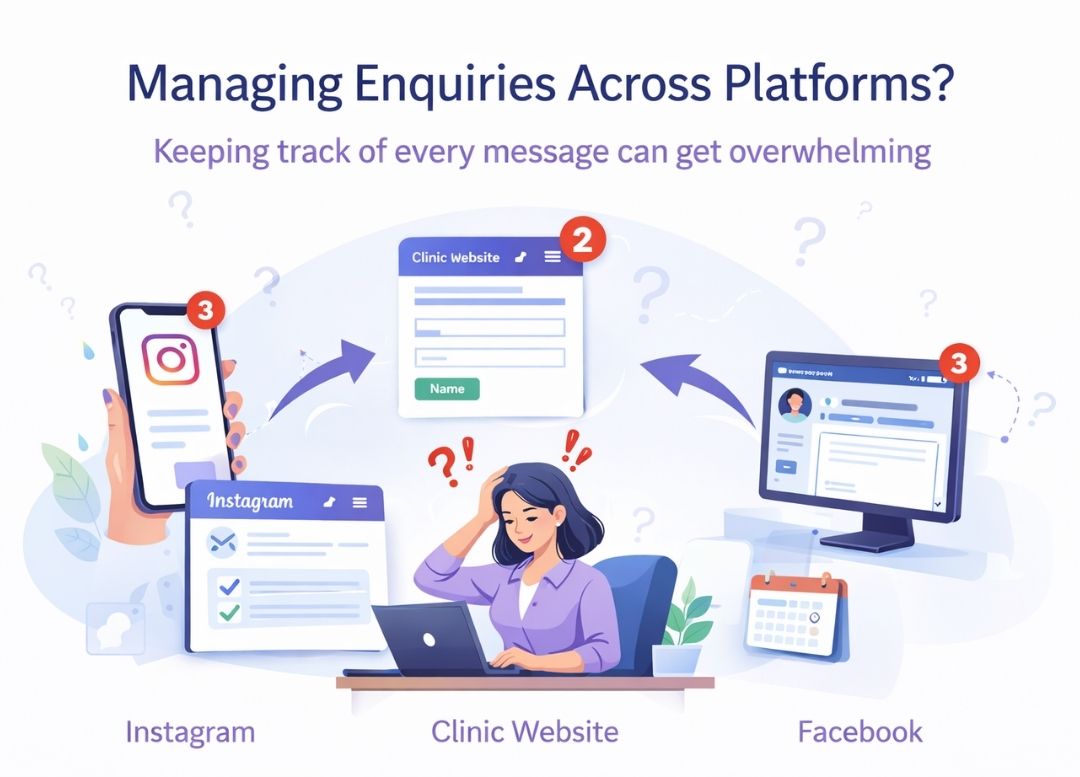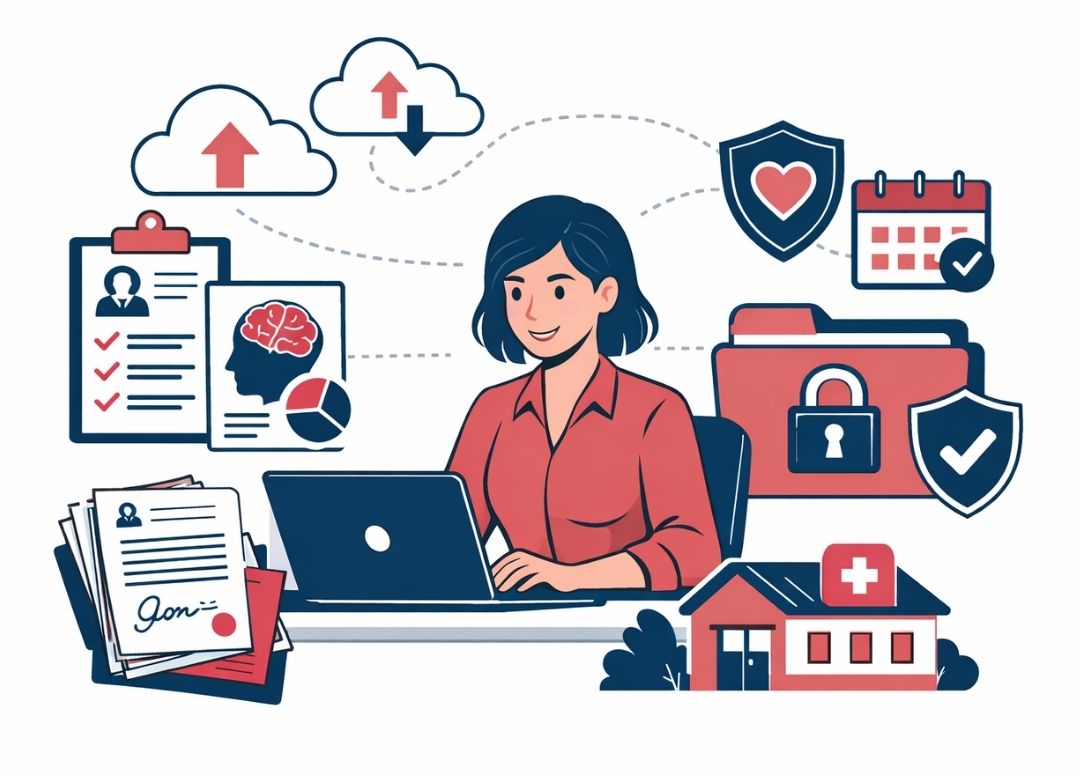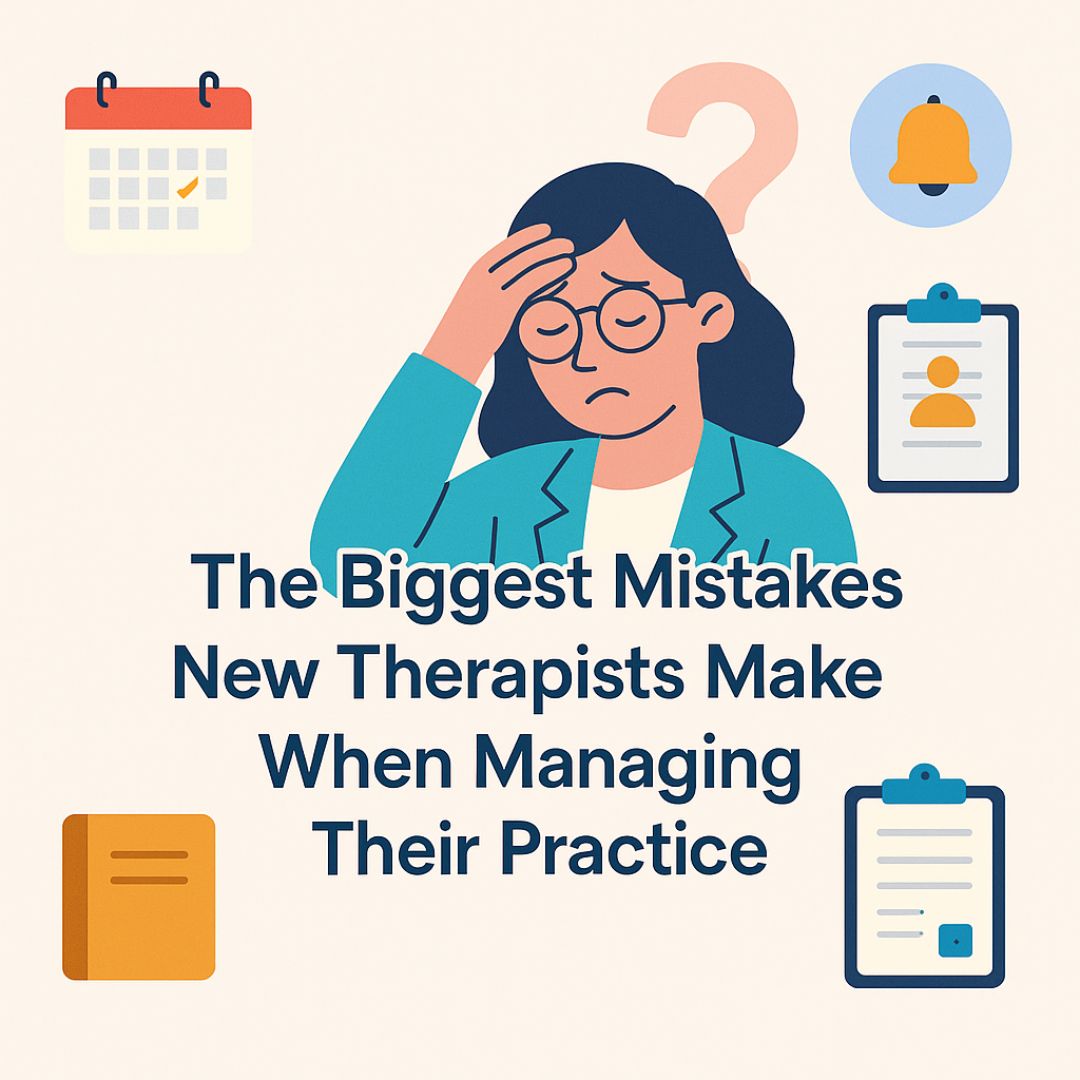Types of Mental Health Professionals in India and Their Relevance
In India, various mental health professionals offer different services to people suffering from mental health problems. India's most common mental health professionals are psychologists, psychiatrists, psychiatric social workers, and clinical psychologists. According to the National Mental Health Survey of India, around 150 million people in India require mental health care services, with only a mere 10% receiving the required support.

On this page
Jump to sections
India has a growing need for mental health support. However, many people are unsure about which type of mental health professional they should approach.
According to the National Mental Health Survey (NMHS) of India, nearly 150 million people in the country require mental health care services. Yet, only a small percentage receive adequate treatment. This gap highlights not just the need for awareness—but also the importance of understanding the roles of different mental health professionals.
From working closely with psychologists and mental health practitioners across India, we have seen that confusion about professional roles often delays treatment. This guide aims to clarify that.
Why Understanding Professional Roles Matters
Not all mental health professionals provide the same services.
Some can prescribe medication. Some provide therapy. Some focus on rehabilitation and daily functioning.
Choosing the right professional depends on:
- the nature of the problem
- severity of symptoms
- need for medication
- personal preference
Understanding the difference helps individuals seek appropriate care faster.
1. Psychiatrists
A psychiatrist is a medical doctor (MBBS + MD/DNB in Psychiatry) who specialises in diagnosing and treating mental health disorders.
What psychiatrists do:
- Diagnose mental illnesses
- Prescribe and manage medications
- Provide psychotherapy
- Conduct physical exams and lab tests if needed
- Develop treatment plans for complex conditions
Psychiatrists are especially important in cases involving:
- severe depression
- bipolar disorder
- schizophrenia
- severe anxiety disorders
- suicidal risk
Because they are medical doctors, psychiatrists can rule out physical causes of mental health symptoms.
In simple terms:
If medication may be required, a psychiatrist is usually the right starting point.
2. Clinical Psychologists
A clinical psychologist specialises in diagnosing and treating mental health conditions using psychological methods rather than medication.
In India, clinical psychologists typically complete:
- Master’s degree in Psychology
- MPhil in Clinical Psychology (RCI-recognised)
- Supervised clinical training
What clinical psychologists do:
- Psychological assessments
- Diagnosis of mental health disorders
- Evidence-based therapies (CBT, psychodynamic therapy, etc.)
- Behavioural interventions
They do not prescribe medication but often collaborate with psychiatrists when medication is necessary.
In simple terms:
If you are looking for structured therapy and psychological assessment, a clinical psychologist is appropriate.
3. Counsellors
Counsellors focus on emotional support, coping skills, and life challenges.
They typically hold:
- A Master’s degree in counselling or psychology
What counsellors help with:
- Relationship issues
- Stress management
- Career challenges
- Grief and life transitions
- Mild to moderate anxiety or emotional distress
Counsellors may use:
- Talk therapy
- Behavioural techniques
- Guided exercises
Their primary goal is to help individuals build resilience and emotional clarity.
In simple terms:
For day-to-day emotional challenges and guidance, a counsellor can be helpful.
4. Psychiatric Social Workers
Psychiatric social workers focus on the social and environmental factors affecting mental health.
They usually complete:
- Master’s in Social Work (MSW)
- Specialisation in psychiatric or medical social work
Their role includes:
- Case management
- Crisis intervention
- Family support
- Connecting individuals to community resources
- Advocacy
They play a crucial role in bridging the gap between medical treatment and social rehabilitation.
In simple terms:
If social circumstances or family systems are affecting mental health, psychiatric social workers provide critical support.
5. Occupational Therapists (OTs)
Occupational therapists help individuals improve their ability to function in daily life.
They typically complete:
- Bachelor’s degree in Occupational Therapy
In mental health settings, OTs help with:
- Routine building
- Skill development
- Sensory regulation
- Functional independence
- Rehabilitation
They are particularly helpful for:
- Individuals recovering from severe mental illness
- Developmental disorders
- Disabilities impacting daily functioning
In simple terms:
Occupational therapists focus on improving everyday functioning and independence.
How These Professionals Work Together
Mental healthcare works best when professionals collaborate.
For example:
- A psychiatrist may manage medication
- A clinical psychologist may provide therapy
- A social worker may support family systems
- An occupational therapist may assist in rehabilitation
Mental health treatment is often multidisciplinary, not isolated.
Conclusion
India needs more awareness about mental health—and about the professionals who support it.
Each mental health professional plays a specific and valuable role. Understanding these differences helps individuals seek appropriate care without confusion or delay.
If you or someone you know is struggling, seeking help from a qualified mental health professional can be the first step toward recovery and well-being.
About the Author
Puneet is the founder of LifeHetu Technology, a platform built specifically for mental healthcare professionals to manage appointments, documentation, payments, and client engagement securely. He works closely with therapists, psychologists, and counselling centres to simplify digital practice management while preserving confidentiality and clinical integrity.
FAQs
What are the main types of mental health professionals in India?
Psychiatrists, clinical psychologists, counselors, social workers, and occupational therapists are key professionals.What does a psychiatrist do for mental health care?
They diagnose, treat with medication, and offer therapy for conditions like depression and anxiety.How do clinical psychologists support mental health?
They provide therapy and assessments for issues like trauma, without prescribing medication.What role do counselors play in mental health?
They offer therapy and guidance for emotional challenges, specializing in areas like addiction or relationships.How can social workers help with mental health issues?
They provide counseling, connect clients to resources, and assist with social and emotional challenges.What is the focus of occupational therapists in mental health?
They help individuals improve daily activities and independence through tailored therapy plans.Where can individuals find mental health support in India?
Explore resources at LifeHetu.
On this page
Jump to sections
Related Reads. Similar Blogs to Check Out.





